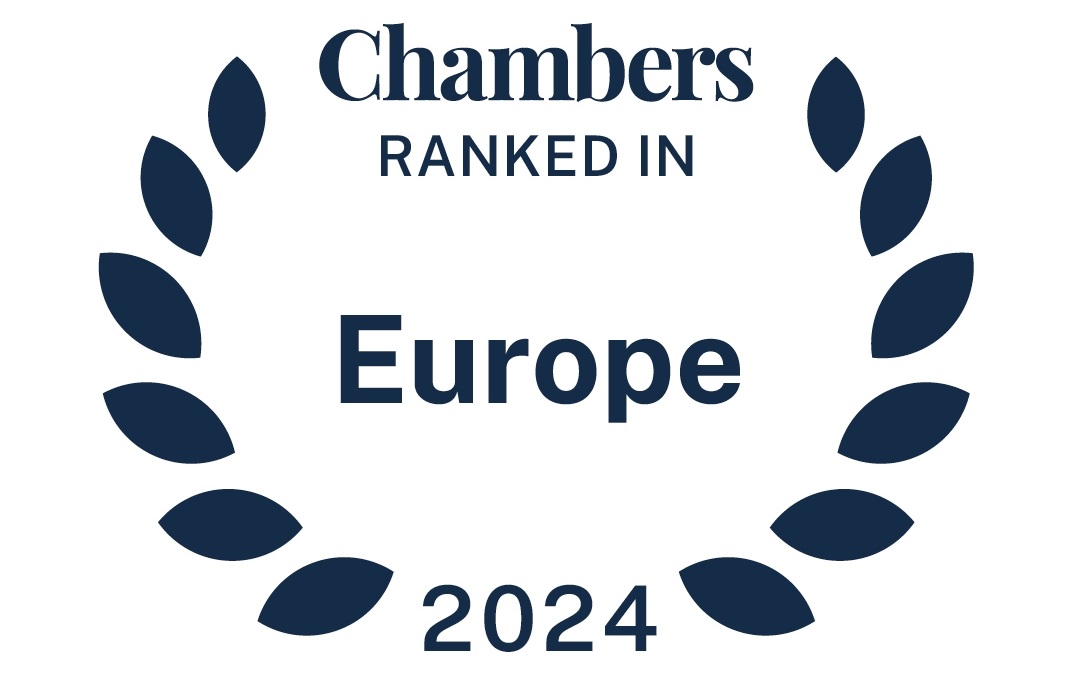Since the Foreign Subsidies Regulation (FSR) entered into force on July 12, 2023, the European Commission has increasingly started to wield the powers granted to it. It opened its first in-depth investigation into a public procurement process in Bulgaria in a case involving locomotives on February 16, 2024 (read more in our previous post here) which led to the withdrawal of the Chinese from the public tender. Subsequently on April 3, 2024, the Commission initiated two new in-depth investigations, again in a public procurement matter, this time concerning solar panels. On April 9, 2024, the Commission initiated its first ex officio investigation in the wind turbine sector.
On April 24, 2024 the Commission conducted the very first unannounced inspections (dawn raids) under the FSR at two European subsidiaries of the Nuctech Company, Ltd located in the Netherlands and in Poland.
These companies are active in the security equipment industry, in particular in the production and distribution of baggage security scanners.
The Commission believed that these companies may have received foreign subsidies that distort the internal market as defined by the FSR. What triggered the dawn raid is unknown at this time but the Commission ex officio investigation may be based on a third-party complaint.
As foreseen by Article 14(5) FSR, the Commission officials were joined by their counterparts from the Member States’ national competition agencies, who also actively carried out the inspections. This surprise inspection may also be followed by an inspection at the parent company, outside of the European Union, provided that the Chinese government is officially notified and consents to the inspection on its territory. The Commission may also seek the consent of Nuctech to undertake any such visit.
The Commission underscored that unannounced inspections are a preliminary step of the investigation to determine if the alleged foreign subsidies received had a distorting effect. Hence, the fact that the Commission conducts any such inspections does not imply that the firm in question received distortive foreign subsidies, nor does it predetermine the conclusion of the investigation.
Potential Next Steps
If the Commission finds sufficient evidence from its preliminary review that the company has been awarded foreign subsidies that distort the internal market, it will adopt a decision to initiate an in-depth investigation. There will then be a corresponding publication in the Official Journal of the European Union inviting third parties to provide their views in writing within a period of time set by the Commission.
As of the date of the decision to initiate the in-depth investigation, the Commission has 18 months to adopt a final decision by which it will impose redressive measures or conclude that no distortive foreign subsidies were granted (a no objection decision). This 18 month period is only indicative and in practice it is expected that often it will take the Commission longer to come to a final decision.
The Commission can also adopt interim measures to prevent irreparable damage in the internal market, such as ordering the company to reduce capacity or market presence or refraining from certain investments.
Conclusion
This dawn raid shows that the Commission is not shy to use all new powers vested in it by the FSR. It is also moving more quickly than many observers had expected, the FSR being applicable for less than twelve months. Though for the moment Chinese companies have been the subject of the different investigations, we should not forget that the FSR applies to any company that receives foreign financial contributions (i.e., from outside the European union).
Compliance with the FSR should be a crucial point of attention for any company doing business in the European Union, as is again demonstrated by the dawn raid carried out by the Commission.





